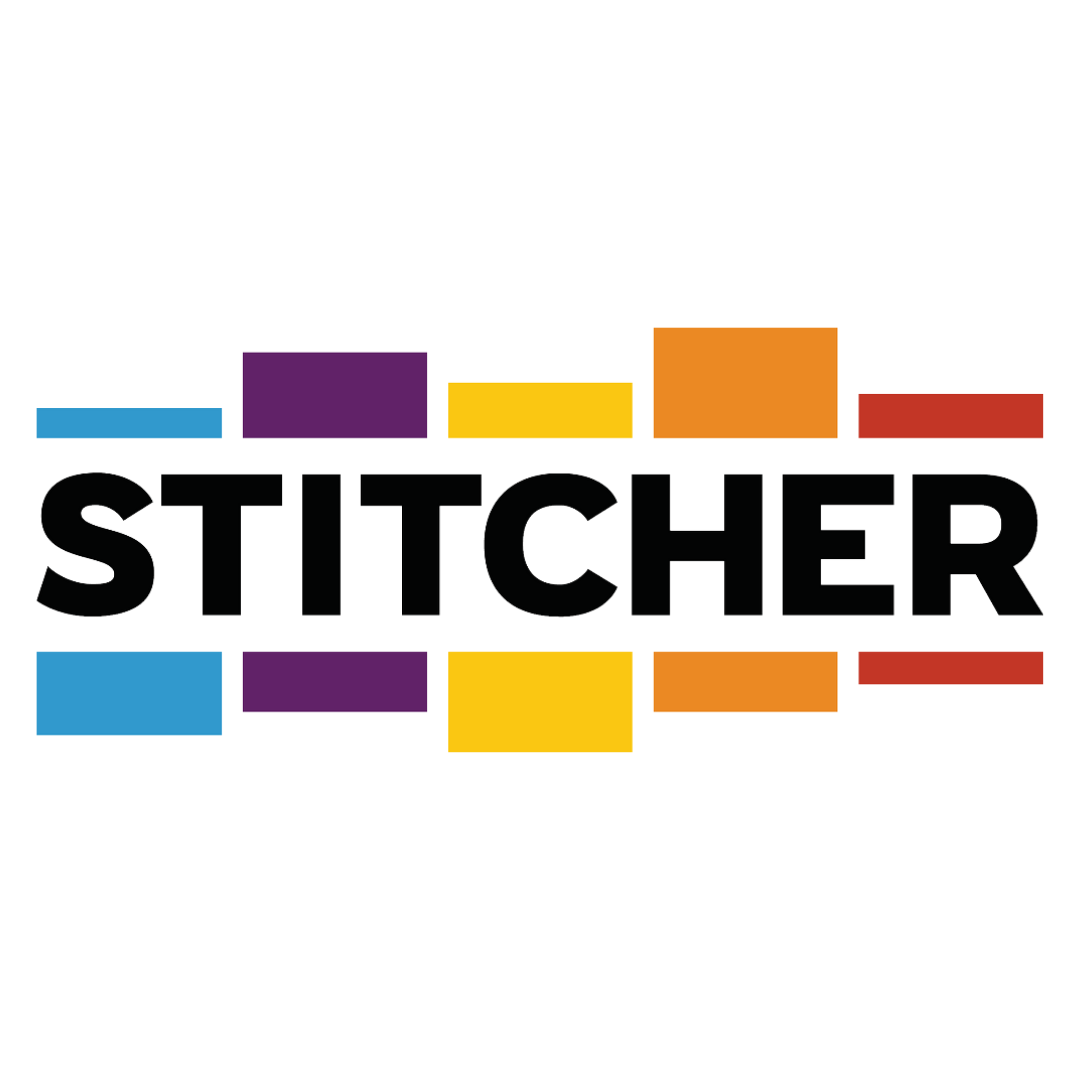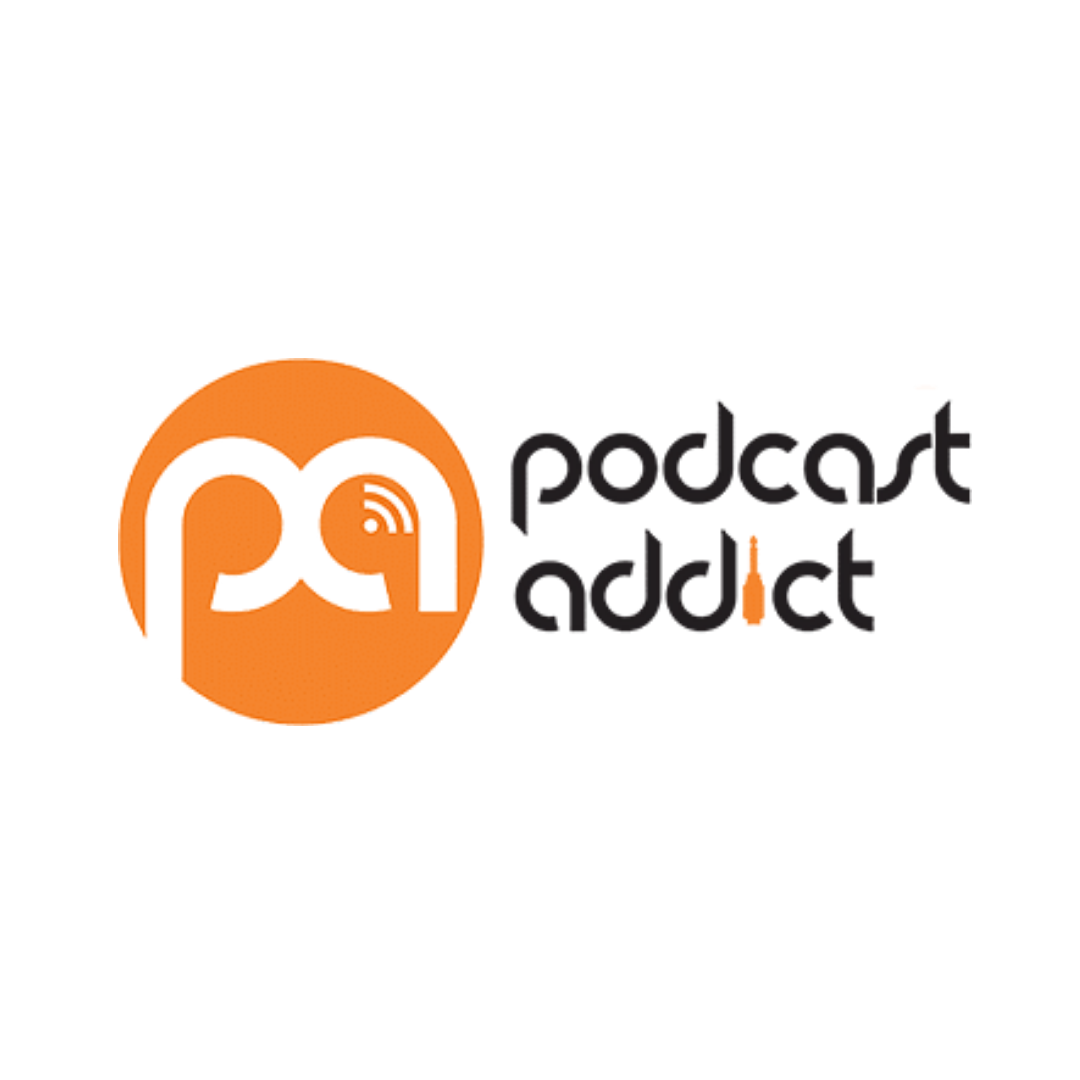100th Episode Celebration of Brand Tuned
Join Our Newsletter
Introduction
Now that we’re at the 100th episode rather than looking back on past episodes as is often done on podcasts, we instead want to look forward to the future.
Show Notes
We’re celebrating a new milestone as we reach our 100th episode. Now that we’re at the 100th episode rather than looking back on past episodes as is often done on podcasts, we instead want to look forward to the future. That’s why we are releasing several podcasts today:
- A vox pop episode about intellectual property
- An episode with Somi Arian of Fempeak whose purpose is to raise the socio-economic status of women.
- Thomas Kolster on creating a meaningful brand
- Ian Paget of the logogeek podcast on a conversation around logo design process
This episode covers:
- The story behind the Brand Tuned podcast
- Insights on the Oatly v Glebe Farm Foods case
- Why considering the IP dimension is important when creating a brand
- How to plug the gap in the IP training of marketers and designers
Valuable Resources:
Register to attend the Brand Tuned book launch on 28 September 2021
Brand Tuned Accelerator
www.brandtuned.com
Transcript
Shireen Smith: I can't quite believe we've actually reached the 100th episode. I started the podcast back in May 2020, because I wanted to write a book about branding. To do so I wanted to understand what's involved to create a brand and who to interview for the book. It wasn't obvious to me. I was coming at the subject as an IP lawyer who registers trademarks and protects brands. So, I was seeing the problems that arise when brands are created without IP input.
For example, I've recently blogged about the Oatley and Glebe Farms Case to highlight the importance of considering the brand protection dimension when choosing names. Also, something I didn't actually mention in my blog is that being called a bully sits poorly for a purpose-driven brand that promotes health and environmental consciousness. Oatley found itself in a legal dispute with a competitor whose ethos was similar to its own. The legal action alienated consumers who questioned what the similarity was between the two products, pure OT and Oatley. A petition called for Oatley to cease action against Glebe farm, accusing it of rather aggressively and wholly unnecessarily targeting the British farm. Perhaps that's why Oakley didn't appeal the high court's decision.
Now, taking legal action is essential though, because you need to enforce your trademark rights vigorously to protect your territory. For example, EasyJet comes down hard on any uses of the word “easy”. In my blog, I gave the example of someone using the name, “Pure Hellmann's” to sell a mayonnaise product. Without doubt that would infringe Hellmann's trademark. If instead of a name like Oatley, the company had a proper name, like Hellman's, it's unlikely consumers would question why it was taking action to defend it's tough. So, I would argue that a purpose-driven brand should choose a more distinctive name, because that reduces the risk of competitors using similar branding. Ryanair needs to spend far less on brand protection than EasyJet does, simply because it's got a proper name. I've used the Oatley case to highlight why considering the IP dimension is important when creating a brand. IP is not just about doing searches or registering rights.
As it baffled me why branding professionals didn't take account of IP during branding, I wanted to write a book on the subject. I could see so many reasons why IP would enable better brands to be created. Yet there was this widespread misconception that IP is just about protecting whatever is created; that it doesn't impact the choice of brand element itself. Also, there is a widespread view that protection can neatly be left till later. Even when new names are created. It's often left to the client to find a lawyer to do searches. It isn't explained to them that they might have to withdraw all their products and rebrand if they infringe on someone else's right. Often, they're simply advised that it's important to protect their brand by registering a trademark. Naturally, if it's put like that, a client might well assume this is an optional extra, so might not bother to have any name searches carried out.
One concern branding professionals have about lawyers getting involved is that the searches will identify problems, which might entail the need to go back to the drawing board and start over. This frustration with the law is projected onto lawyers because the added constraints that IP presents is considered a nuisance and typically, people tend to blame the messenger.
Now that I've finished writing the book, I've understood a lot more about brands and branding. Many of the problems I've observed are down to the lack of training branding professionals and marketers receive in IP. They're left to pick up the knowledge about IP that they need on their own as they go. It depends on their experience as to how and whether they learn about IP.
Now I'm hoping to change that. By providing an accelerator training for designers and marketers. It's so important that they understand the legal concept of distinctiveness when creating new brands, and that means either working with lawyers, or undergoing training to learn about legal distinctiveness. Training would give designers more independence to make better choices when creating new brands or brand identifiers, and to know when to suggest involving lawyers.
Now that we're at the 100th episode, I want to celebrate the podcast. And rather than looking back on past episodes, as is often done on podcasts, I want instead to look forward to the future. That's why we're releasing several podcasts today. There's a vox pop about IP, which I recorded over a year ago. We're also releasing some recent interviews, such as with Somi Arian of Fempeak, whose purpose is to raise the socio-economic status of women. There's an episode with Thomas Kostler on creating a meaningful brand, and an interview I had nearly a year ago with Ian Paget, the host of the Logo Geek podcast. I'm hoping to cover design much more in future episodes. So, I've lined up an interview with Stef Hamerlinck of the Let's Talk Branding podcast, which will be released next week. And I'm looking to interview more designers who have incorporated the Ehrenberg-Bass Institute's evidence-based research into their branding work. If you can suggest suitable designers for me to interview, please do get in touch.
Okay, that's all for now.









